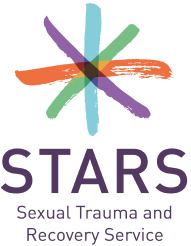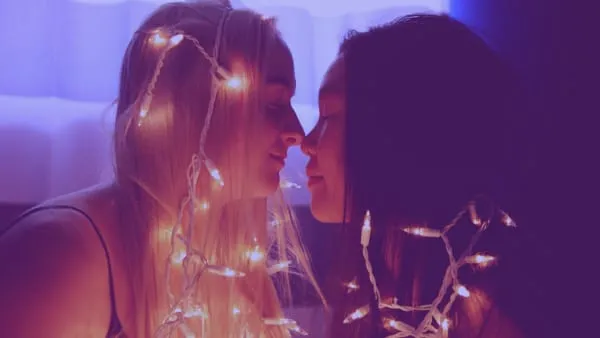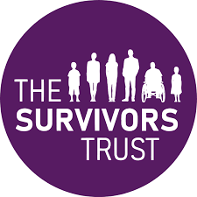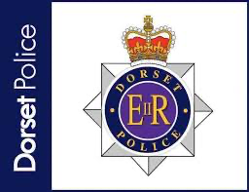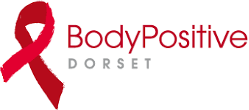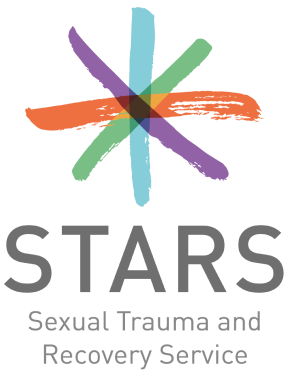by Katie Surry at Space Youth Project
This week is Sexual Violence and Sexual Abuse Awareness Week, coinciding with LGBT History Month, and it’s important to talk about both, so that by raising awareness and having more information, we can make a better future for us all.
Sexual violence and abuse has high figures in the LGBT+ community, but considering this fact, it is not discussed enough, meaning stories can go unheard and help can go ungiven.
LGBT+ means Lesbian, Gay, Bisexual, Transgender, and any other gender identity or sexuality. Although laws and acceptance have thankfully progressed, there is still a lot of work to do to ensure there is full equality and respect.
Types of abuse that are more common towards those in the community can include: hate crimes, verbal abuse, domestic abuse from family, and conversion therapy.
Conversion therapy is used to try and ‘convert’ someone to a different sexuality or gender identity. It is far from therapeutic and can often involve verbal, mental, and physical abuse, resulting in trauma and shame. This practice is unfortunately still legal in the UK, but there are petitions to sign the government ban, so hopefully this will become a thing of the past soon.
Studies suggest that around 50% of transgender people and bisexual women have experienced sexual violence and are at greater risk of it happening to them.
Almost 50% of gay and bisexual men have experienced sexual violence, compared to 21% of straight men.
The Scottish Transgender Alliance found that 80% of Transgender people had experienced abuse from a partner at some point in their lives.
But despite these high numbers, many victims are sadly denied services because of their sexual orientation or gender identity, and this must be changed.
And it’s worth considering that mainstream representation of sexual violence and abuse can often exclude relationships of those in the LGBT+ community, therefore it can perhaps be easier to go unnoticed or unreported.
People who are not ‘out’ about their sexuality or gender may find it even more difficult to speak to anyone about experiencing sexual assault or abuse, as this could reveal sensitive information about them and they would feel further at risk. It’s not always easy to know if an environment or person is accepting and safe. If they are not yet comfortable or confident with their identity they may feel additional shame about expressing their experiences, even though it is not their fault and have no need for this shame. It can be more difficult for young people, and they may need additional support from those outside their family and friends. Thankfully there are many organisations out there to help those experiencing abuse, such as STARS Dorset, and Gallop, and organisations to empower the LGBT+ community, including Space Youth Project.
Space Youth Project is a charity organisation based in Dorset, which focuses on helping young people in the LGBT+ community embrace their identity and potential, in a safe and supportive environment.
We hold seven regular, free youth groups across Dorset open to any under 25’s identifying as LGBT+. We can also offer 1-to-1 support, family guidance, and workshops for schools, colleges, and professionals. You can visit our website www.spaceyouthproject.co.uk/ to find out more about us, and for links to our social media pages and blogs, of which we are updating frequently with news and updates, particularly during this LGBT History Month!
We aim to encourage young people to build their confidence, trust in others, feel comfortable expressing themselves and to provide them a safe ‘Space’.
For more information and support:
Galop – supporting LGBT+ people who have experienced abuse and violence https://galop.org.uk/
LGBT+ Domestic Abuse Hotline – 0800 999 5428
LGBT+ Hate Crime Helpline – 020 7704 2040
Conversion Therapy Helpline – 0800 130 3335
References
Scottish Transgender Alliance: www.scottishtrans.org/
Human Rights Campaign: www.hrc.org/resources/sexual-assault-and-the-lgbt-community
SAYiT Sheffield’s Video ‘LGBT+ people share their experiences of abuse’: https://youtu.be/OTmwKr-i2u4
Ban Conversion Therapy www.banconversiontherapy.com
